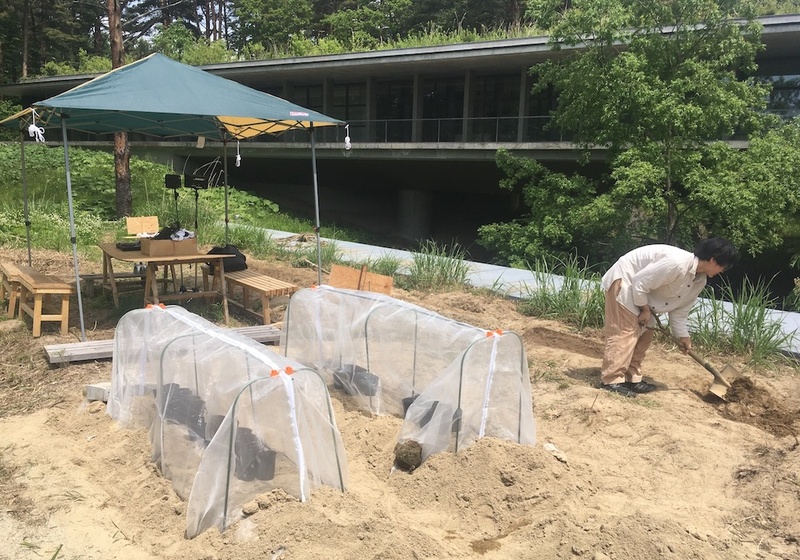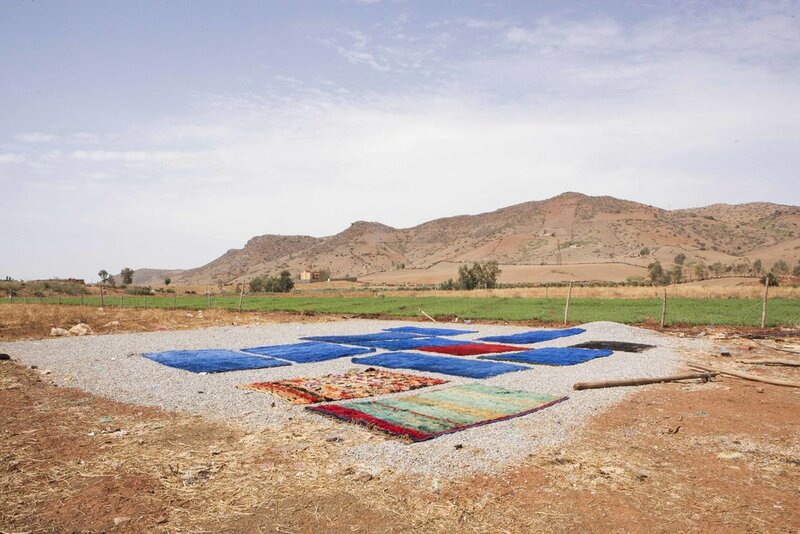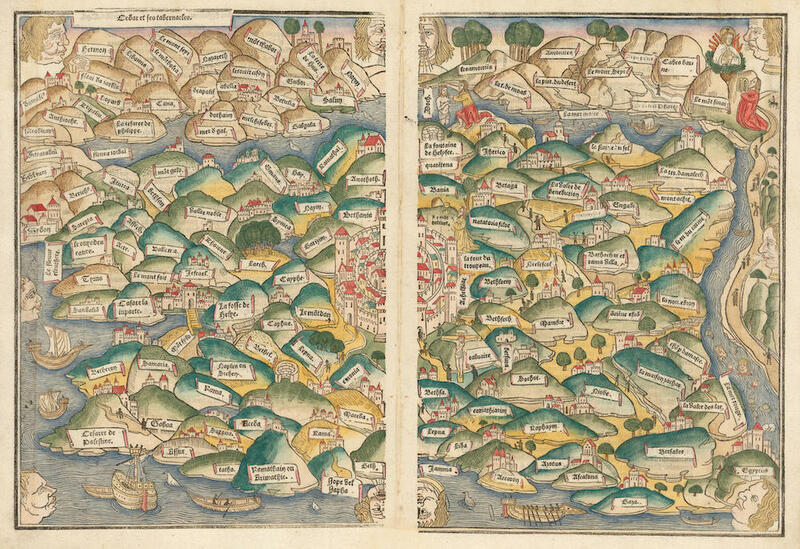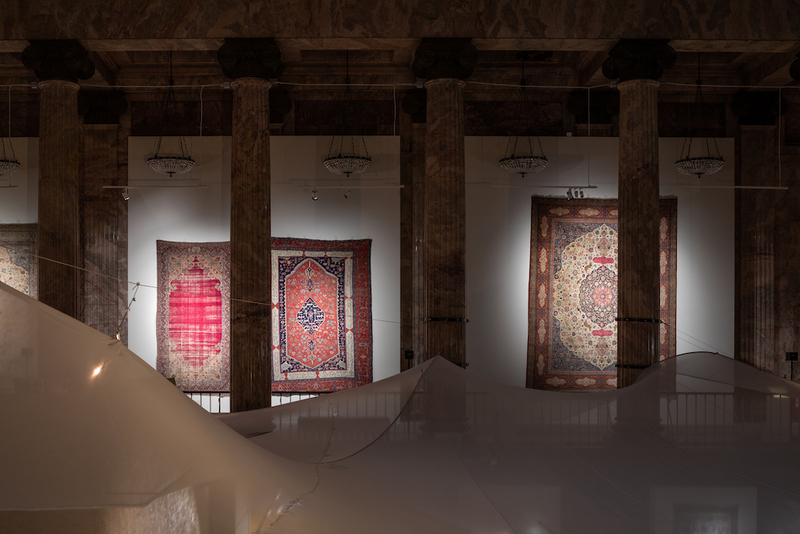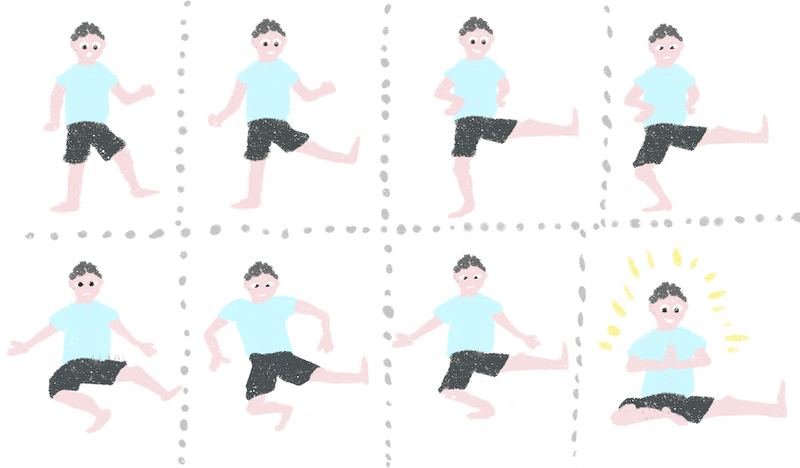
Our fourth issue confronts “Access” through a broad and critical scope—we consider what it may mean, who has it, and why. Whether it’s access in the institutional forms of archives, education, and publications, access to resources natural, economic, and medical, or access to communication, knowledge, or ownership, we work to trace the intersectional axes of accesses, plotting their entry points and barricades, mapping their depletions and accumulations.
This theme coincides with EastEast’s gradual evolution into a trilingual platform, with the rollout of an Arabic language version of the magazine that will take place in tandem with announcements of new partnerships with various institutions and cultural platforms, with a focus on but not limited to West Asia and North Africa. To begin, we had a series of short conversations with translators, as they provide readers with a valuable point of linguistic access. We consider their approaches, their individual philosophies, and the many misinterpretations surrounding the act of translation.
We asked our translators the following questions:
What do you feel when you are translating? What does it mean to you?
Why do some translations get stuck? What do you do when this happens?
How do you deal with things that tend to get lost in translation?
What has been your favorite translation you have done and why?
Diana Khamis
Researches natural philosophy and video games, translates texts, and is a first-year student at the Faculty of Medicine at the University of Nijmegen. Lives in Nijmegen, the Netherlands
I really enjoy translating. I am a philosopher by training, and I first got into philosophy because I wanted to understand clever sophisticated things other people wrote, and in a sense translation is the culmination of this—I make those clever things more accessible to others. When I translate, it feels a little like a game: I need to match words and expressions in my target language to my original text (although the meaning is very rarely 1:1); I need to find a suitable sentence structure and I need to make the text readable, and it’s all small but important decisions that can’t take very much time. Just like in a game. Sometimes when I translate philosophy I get lucky and understand the thought process of an author so well or can relate to it so well that translation feels like I am channeling the author. Then I barely have to think about my choices, words come naturally and I can translate as if I am doing the writing. It’s rare, but I love it. It may be hard to believe that the result of such an impulsive process is a good translation, but upon rereading and editing I am usually quite pleased!
I have never been really “stuck” while translating. I am very stubborn and I just keep doing a thing even if it is not going well. But sometimes some translations go very slowly and tortuously, so that I can do much less than my usual amount a day. Usually it is because the writing style of the author is very different from what I am used to—perhaps they use very flowery and complex language, or perhaps they are writing in English while it is not their native language and they model their syntax on that of their native language, creating confusing sentences. The only thing to do when this happens is to just carry on slowly and not rush.
I worry about things that may get lost in translation. I try to invent new words, discuss the options with different people to see what could come closest to what is lost, write notes to the text. Basically, I try to recapture at least part of what is lost with all that activity.
Without a question, my favorite translation has been Nick Land and CCRU texts. This is a series of experimental texts I have done for the Perm publisher Hyle Press; it’s texts from the 90s that probably laid the grounds for theory-fiction. I like them because they are very conceptually rich and at the same time literary in a punchy, cyberpunk way, full of wordplay and occult references, but at the same time quite clear.

Educator, translator and poet. Lives in Beirut, Lebanon
Throughout my work in translation for more than fifteen years, my obsession has been to provide an easy and accessible language for all readers of Arabic. As my choice of texts originally included clear and direct language, other than that I was trying to adapt the language and facilitate it. I did not study translation and my school grades in Arabic were a little less than average, but I taught myself translation and language. I still do not consider myself well versed in them, but all I try to do is to be constantly learning.
Like any profession or craft, human life is disrupted due to various circumstances affecting it, but the translation may have its problems. Many concepts cannot be translated directly with one word or even a short phrase. Extensive explanations may be required, but most problems that occur to me lie with the writer themselves, specifically in the style of language that they wrote the text in, especially if they adopted a style that aims to keep the meaning shared between a certain elite group, so I often neglected this type of writing and I've simply stopped translating it.
Without a doubt, the literal translation makes the texts somewhat funny or incomprehensible, so it is necessary to “circumvent” the text and reformulate the expressions again, based on the sense of the text and of course without interfering with the text and altering it, as some film translators do in the region.
The translation that affected me the most is the translation of the book Karl Marx's Capital by Carlo Cafiero, as I read in the letters the suffering we live as a working-class, and the easy and clear language strengthened my affection for this type of writer and book. In the end, all people deserve equal and democratic knowledge and if everything that surrounds us does not give justice to the oppressed, we, as translators, should attempt to make our language accessible to all.

Linguist, specialist in photography and photobooks. Lives in Minsk, Belarus
Belarus is a strange place to be now and everyone I know is struggling with severe levels of stress—trying to come up with their own ways to feel alive and not to lose hope for a better future. One of my own methods of gaining back the control is connected with texts: both their creation (currently, mainly interviews with photographers and photobook reviews) and translation. The latter activity is something I do for EastEast.
Reading an article, a transcript of a conversation, or a description of a personal centuries-long journey an object has undertaken to end up in museum collections is like deep diving into someone’s mind. Thus, to translate means, first of all, to grasp the author’s point, to feel his or her emotional optics, to sense their vocabulary and its mood. And, on catching all of these, to rebuild the text by means of a different language apparatus. What I probably enjoy in this process most of all, specifically in the circumstances of the harsh period the country is going through, is the feeling of being able to form your own system, to make a new text follow your own rules. When translating, I try to befriend every element, I find for it the very best couple it might imagine and provide them with a new, safe, and predictable environment of the text they might have never dreamt of. Published online, on EastEast, texts are literally granted a new life, they are set free and empowered to contact readers, change minds, broaden horizons.
In this regard, I assume, the very practice of translation resonates with the entire mission of the EastEast project—to bring different stories and definitions of “Easts” together. To make them visible and heard, in a way also to free them from the contexts imposed by unpredictable, often pretty dramatical, twists of history. To actualize through a new wider and richer lens of understanding.
In any text I get for translation, however naïve it might sound, I cherish the aspect of novelty—a chance to learn something I would otherwise never have a reason to investigate: the culture of ashiqs, travelling bards of Anatolia, the Caucasus, and Iran, the dramatic fate of the gulf pearl divers, the rise and fall of Fergana jazz phenomenon, the flipside of shooting a documentary during protests in Algeria. The application of such knowledge in my real professional life is zero, but how thrilling it feels to get in touch with people of various cultures coming from different historical periods and parts of the world—to draw parallels: surprising or, at times, scary . . .
As one of the materials that have impressed me the most, I can recall adventures behind the installation “Mirage” made by Olga Shurygina on the bed of the disappearing Aral sea in Uzbekistan. Both the interview EastEast featured and Olga’s video documentation of her work on the collection of plates in rural Uzbekistan stuck in my memory as wonderful inspiring evidence, or vision, of what contemporary art could be and look like nowadays, despite its increasing “development” towards digitalization. I felt genuinely happy to become, albeit indirectly, its participant.
Another platform I have been collaborating with for a long time is OnAir—the in-flight magazine of National Airline Belavia which now finds itself in the center of the international scandal: as you probably know, the EU took the decision ignore the proposal of the International Air Transport Association to maintain the critical separation between politics and aviation safety issues and prohibited both EU planes to enter Belarus airspace and Belavia to use European airports, leaving us virtually trapped in the country. OnAir is a magazine that has always been out of politics and features wonderful materials touching upon various sides of the philosophy and practice of travelling: personal guides of world-known and “emerging” travellers, interviews with opinion leaders in culture and art, architecture and science, stories of local startups and private museums, etc. Universal topics that bring intellectual and cultural excitement regardless of political agenda. In a nutshell, for many it is an influential city culture magazine with its own distinctive agenda—ironically (like the best things in the world), distributed absolutely free. One of the most attractive challenges I face when translating for OnAir is probably related to headlines: interviewees’ quotes or eye-catching phrases aimed at grasping the readers’ attention. Dealing with them is always a language adventure that has to do with attempts to find a balance between commonness and originality in vocabulary, grammar, and style. Somehow, the point of every headline translation is really about a compromise: to remain close to the original but at the same time keep fulfilling the function of this part of the text—be “special” in evoking curiosity.
As an example of the successful headline translation, I can now recall helping my friend, a photographer, translate the title of his book which in Russian literally sounded like “black days” —standing for a hard period in one’s life. Certainly, the world “black” had to be substituted to avoid possible associations with the race or business sphere. I proposed the option “dark days.”
With regard to the question about possible difficulties translators might face in their job—well, for me it’s always hard to deal with a raw text, to “rewrite” and brush up the logic that in the original material does not appear to be consistent. Luckily, with EastEast texts it happens rarely. Every translation needs time and concentration and has a mystical property of becoming your meditation—once you catch the right vibe and start your journey into the text.

Adham Selim and Dima Hamadeh
Based in Lebanon. They are founders of The Archilogue
Walter Benjamin once wrote that “the essential substance of a literary work [is] what it contains in addition to information . . . the unfathomable, the mysterious, the “poetic,” something that a translator can reproduce only if he is also a poet?” Contrary to the wide belief holding translation as a secondary degree or a derivative quality to the original, we think that translation is a literary form on its own. When we translate, we don’t seek to reproduce an original.
We think the reason why some translations get stuck is the translation’s specific relationship with the original; with its translatability, that is: a certain quality in an original “calling for” translation. This calling, this very sense of something original urging to be communicated, is in itself but an effect of translation. In Mark Wigley’s words “the translation [is] actually producing what it appears to simply reproduce.” We think that some translations get stuck because they fail in articulating the agency of their translator as a transformer. Sometimes the poor literary quality of the original stands in the way of articulating this agency too. Whenever we encounter this in our work, we fall back to questions: what is there that calls for transformation? Is it transformable? And in what ways?
We don’t think of translation as a neutral and equitable transmission or representation of an original. We think that for everything lost there is something gained in translation. Any given text is never a unified whole. It is already contaminated, ridden with losses and gaps that in many cases translation is called upon to fill.
We enjoy what we do very much. Almost every text we worked on comes not without a number of inspiring words, phrases, or composition ideas. But one particular text that we’re particularly happy with is by Denise Ferreira da Silva. The text was already complex in English. We believe translating it is a major achievement and a significant contribution to critical translations in Arabic.

Ekaterina Zakharkiv
Poetess, linguist, translator and contemporary poetry scholar. Lives in Moscow, Russia
I think of translation as a practice of fundamental incompleteness one can never ultimately finalize. Being involved in an open-ended process generates a feeling of anxiety because this very activity is never a fixation, but always a fiction, it is about eternal potentiality, an unstable option . . . To me it seems to be a perfect (and in its own way an ironic) practice for those who suffer from imposter syndrome. Not long ago, I was holding a seminar on the translation of poetic texts and received numerous applications from people who admitted feeling insecure and fearful, lacking professionalism, and facing the notorious imposture syndrome. But it was those very applicants that were to be eventually selected. It is important to realize how fragile your relationships with the text you translate and the text you turn out to have in the end are. It is also important to step out from the position of knowledge and allow the horizontal coparticipation of these two texts (the original and the newly born ones) to unfold. Both also to have something to say and show where to lead to—this is your joint route, a continuous live learning. Accepting that the result of your work is just one of its versions helps you to not get stuck in a difficult passage, but to keep on moving.
I can also describe the process of translation as the “population” of the original linguistic space by the guest-language the text is translated into. The guest is a temporary, mobile entity, while its hotel room is a relatively permanent condition. Moreover, translation is metalanguage work. The translator does not possess the author’s intention, they do not wish to say what was said in the source language, but instead constantly thinks about how to say it with the target one, how this language should be shaped in order to, in one way or another, directly or indirectly, make both the texts look more alike and—in some brief moments—completely identical. Here not linguistic, that is, lexical or syntactic, alikeness is meant. The focus is rather on the excess of expressiveness, on the inarticulable remainder. It can be a secret meaning, implicit pragmatics, or an intransparent materiality—it all depends on the translation tasks and the nature of the text. Since this shadow surplus is changeable and depends on the context, time, and audience, seizing it once and for all does not appear to be possible. Thus, a translator, like no one else, realizes the transience of any discursive procedure, and this is where their real (un)professionalism is manifested.
Photography by Ksenia Mikhailova for EastEast
